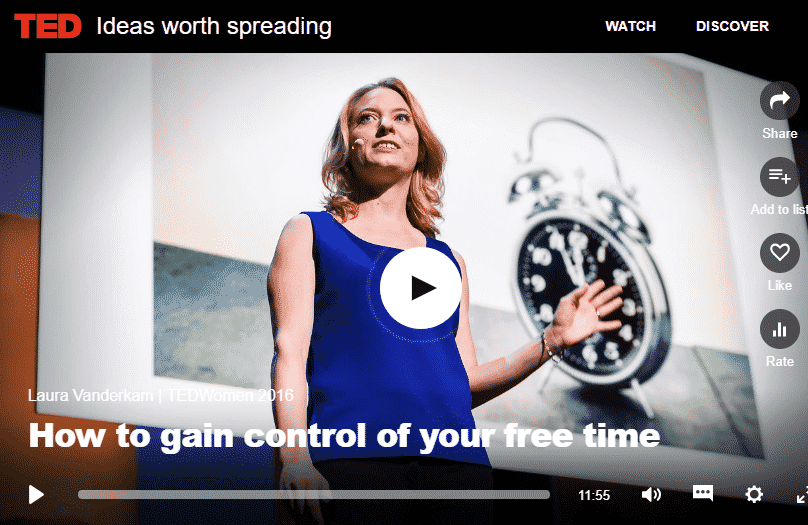I recently attended a lecture on improving IELTS Learner Time Management.

I realised that the principles apply to IELTS candidates too, so I prepared some notes from the day.
I am sure they will prove useful to IELTS learners.
Here they are below.
Notes from Time-Management Workshop
“The bad news is, time flies…The good news is, you are the pilot!” (Michael Altshuler)
Prepare in advance
- Proper prior preparation prevents poor performance (the 6 magic Ps)
- Subconsciously you begin working on your plans and goals for the next day while you are sleeping.
- Preparation helps you sleep better as you are not worrying about what you need to do. You often gain insights on waking.
- Remember that your future is created by what you do TODAY, not tomorrow.
Schedule your time
- Take control over your time – this reduces stress and increases self-esteem, thus giving you more energy!
- Prioritise your tasks and then make an accurate, realistic timetable and stick to it.
- Study in bite-size chunks ie. Blocks of 1 hour maximum and 10 minute breaks in between.
- Think positively about yourself and your abilities. Negative self-talk leads to procrastination.
- Turn off all social media and only answer calls that are urgent
- Reward yourself for completing your timetable with something you enjoy e.g. a nice drink or snack or an interesting talk on YouTube.
How do I organise my studies outside of the classroom?
- For IELTS it’s Reading, Grammar, Vocabulary, Speaking and Writing.
- Reviewing notes and reading a news articles are also useful.
The importance of setting your OWN goals
- What do you hope to achieve?
- Realistic daily, monthly and yearly goals are important. Write them down and believe in them. You can always change your goals in the future but you can’t change your goals if you haven’t made any.
- Don’t compare yourself to others. People are different. Focus on your own path and individual aims.
- “If you have a goal write it down. If you do not write it down, you do not have a goal, you have a wish”.
(Steve Maraboli)
Start your day early
- Almost all biographies / autobiographies of successful people have one thing in common: They go to bed at a reasonable hour, and wake up early!
- This immediately puts you in control of your day
- Take 5 or ten minutes to sit quietly and reflect on your goal for the day ahead.
Cultivate good organisational skills
- Keep your work space clean and tidy. A messy room means a messy mind.
- Create a file with subsections.
- Keep a mind-map at the back of your portfolio for weekly vocabulary and update it in class time (don’t wait until you get home).
- Post-it notes on mirror / wardrobe door are useful.
- Take care when making notes in class. Make an effort to write neatly, use highlighters and file dividers.This will save time when you get home in the evening.
Increase your productivity
- Are you an early bird or a night owl? When do you function best? Listen to your own biorhythm and organise your plan accordingly.
- What gives you energy? Exercise / fresh air / coffee / chatting to a friend on the phone / watching an inspirational video / a power nap …
- You are most productive when you feel rested, alert and creative. This is golden time for studying!
Use your travel time wisely
- If you have to travel, use your travel time to practise your English.
- If you get the bus or a lift in the car, listen to an English language podcast.
- If you walk to school or work – observe the world around you. Shop signs / newspaper headlines / Street names. What things can you see that you do not know the name of? Make the most of the environment if you’re living in an English speaking country.
- If you walk with a friend, make a promise to each other that you will use your travel time to talk to each other in English – it’s the perfect time to practise.
Be inspired!
Further Reading List:
- The Seven Habits of Highly Effective People (Stephen R. Covey)
- Time Management (Brianna Anderson)
- Ted Talks on YouTube
And finally…
“Don’t say you don’t have enough time. You have exactly the same number of hours per day that were given to Helen Keller, Pasteur, Michaelangelo, Mother Teresa, Leonardo da Vinci, Thomas Jefferson, and Albert Einstein...”
(H. Jackson Brown Jr.)
You can use tips and information on this website to help make it easier to obtain a higher score, but remember you still need to work at learning the language to be successful.
Please share to someone you know and in the meantime take a look at my Facebook Page and Website for IELTS answers and you can also join my Facebook Group here too.
Good Luck
Jonathan
I’m Jonathan
I’ve taught IELTS and University English in more than a dozen universities and schools around the world.
I’m a parent, traveller and passionate about language teaching and helping students achieve their dreams.
Whilst living in Austria or working in Asia, I run IELTS courses to help students get to where they want to be.
If you are serious about IELTS, connect with me to see how I can help you.





Was this helpful? Leave a comment :)